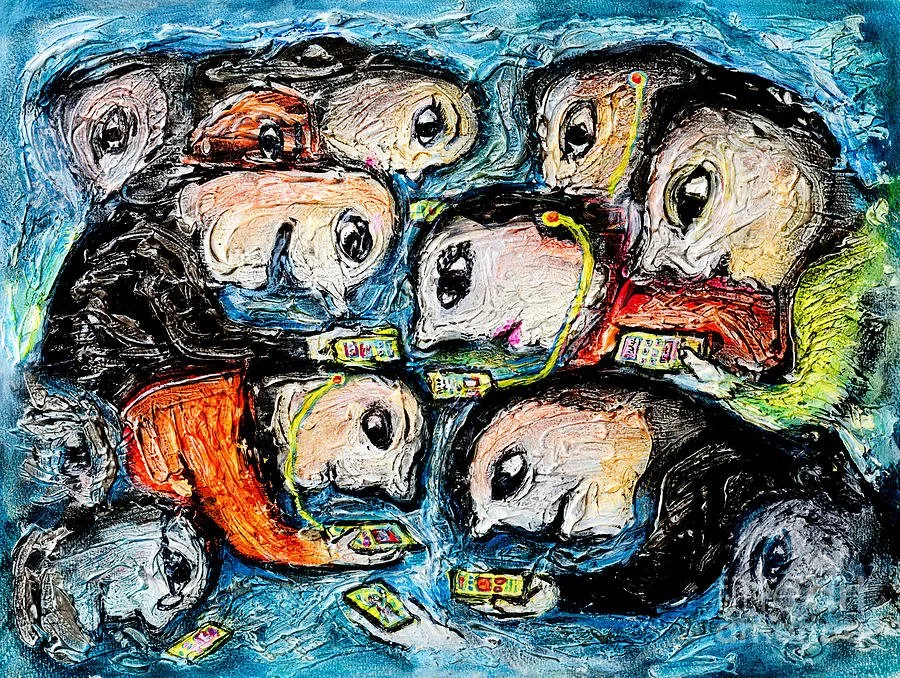Something More from the Sermon | Coping with Distraction
Sacrificing Sleep for Screens
We are distracted. Everything is trying to grab our attention and pull us in every direction. Not the least of which are the screens most of carry around in our pockets. 82% of Americans have smartphones. Those Americans spend on average 5 hours and 24 minutes a day on the little screens in their pockets.
That’s a lot.
About half of that time is simply spent scrolling through social media. It’s reported that the average person spends 2.5 hours a day on sites like Facebook, Instagram, YouTube, etc.
That’s about 37 days a year.
An entire month of our lives. Imagine just skipping a month of your own life by looking through other people’s lives!
Don’t get me wrong, it’s not all bad. We can learn things on social media. We can remain connected — kind of — to people who are far away. We can laugh at dog videos and be moved by people overcoming great obstacles.
But, this is the exception, not the rule. Research on the effects of social media on our lives is not good. As a matter of fact, social media use has been linked to anxiety, depression, stress, body image issues, and loneliness. Literally, no one is for social media.
In 2007, there was a marked increase in students experiencing anxiety and depression. The only reasonable explanation is the arrival of the smartphone. The first iPhone made its arrival in the same year. Again, in 2012, there was another spike in anxiety and depression. This was the same year smartphone adoptions had crossed the 50% mark. Over half of Americans now had the world in their pocket. According to the Atlantic, “rates of teen depression and suicide have skyrocketed since 2011. It’s not an exaggeration to say that iGen is on the brink of the worst mental crisis in decades.”
In all cases, students who spend more time than average on screen experience rising levels of unhappiness. According to the same article from the Atlantic, there is not a single exception to the rule.
So, what does all this have to do with sleep?
Most of us lay in bed at night and scroll on our phones. While statistics on this are hard to find, most places who have attempted find that 9/10 people use their phones right before bed and almost 90% of teenagers report sleeping with their phones. It’s undeniable that social media affects our mental health. What you may not know, however, is that our brains are most receptive to development right before we go to bed at night and first thing in the morning. This is called neuroplasticity. The rate at which we consume content and the content consumed on social media is not helpful. It becomes even more dangerous when our brains are most receptive to it.
Similarly, screens wreak havoc on our circadian rhythms. The blue light emitted from any screen confuses your wake and sleep cycles making it difficult to fall asleep when you should.
When taken together, these things destroy our ability to sleep as long and as soundly as we should. One of the leading consequences of bad sleep is anxiety.
The things we use to distract us from our anxiety are the things feeding the monster.
Turn your phone off. Sleep more. Fix your brain. And feel better.
